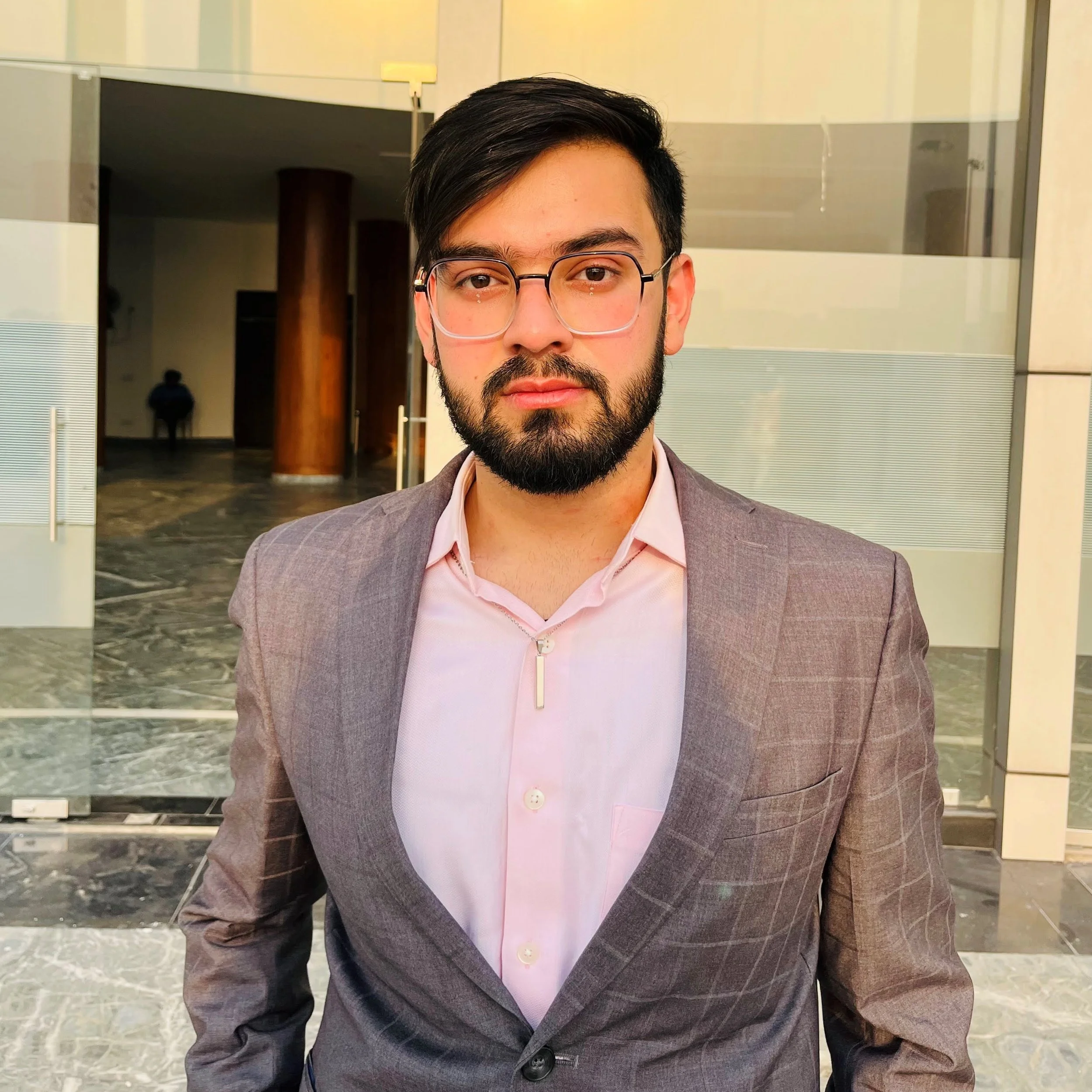Article 21 of the Constitution of India guarantees to its citizens the right to life and personal liberty. The Supreme Court of India has interpreted article 21 to include the right to privacy and right to sexual and bodily autonomy. Unfortunately, there is a loophole, which indirectly violates these rights, in the interplay of the Protection of Children from Sexual Offences (POSCO) Act and the Medical Termination of Pregnancy (MTP) Act.
THE BOMBAY HIGH COURT JUDGEMENT
In the case of Nauman Suleman Khan v. State of Maharashtra & anr, the father of a victim filed a First Information Report (FIR) in the Bombay High Court claiming that the victim had been sexually abused and harassed. As the victim was a minor when the incidents occurred, the FIR was filed under section 376 of Indian Penal Code and under section 4 of the Protection of Children from Sexual Offences Act (POSCO Act).
On 7 June 2022, the Court quashed the FIR. The rationale given by the Court was that since the victim was now an adult and both the victim and accused had agreed to marry each other, the case could be dismissed. The Court also noted that “it seems that they were in love with each other”. However, this statement and judgement rekindled the long-standing debate regarding the decisional and sexual autonomy of adolescent girls.
THE POSCO ACT
The POCSO Act was enacted with the intention of protecting all children from any kind of sexual abuse. Therefore, under section 2 (1)(d) a child is defined as someone under 18 years of age. However, what the Act has failed to address and acknowledge is the existence of adolescents who might engage in consensual sexual activity. For the purpose of this article, an adolescent is defined as someone between the ages of 16 and 18. The resulting presumption is that all sexual activity that adolescents are involved in is deemed to be rape. Various high courts and committee reports have highlighted the problematic presumption that leads to criminalisation of adolescents, irrespective of their consent.
For example, in the abovementioned case, the accused could have been punished with imprisonment under section 4 of the Act, regardless of the girl’s consenting to sexual activity. This legal loophole as observed previously by the Delhi High Court, has frequently been misused and misapplied by families. The concepts of morality and purity often affect how a girl’s sexual agency is treated. This lack of distinction between consensual sex and rape leads to families reporting such consensual relationships under the guise of abiding by the law, but actually using the system as a tool to enforce their own will and personal morals on their child. This is especially prominent with young interfaith and inter-caste couples. The victims are left helpless due to lack of legal recourse, and the law enforcement agencies act as enablers in these cases, as they also hold pre-conceived notions surrounding adolescent sexual activity. Placing adolescents in the same category as children undermines their sexual, bodily, and decisional autonomy. As noted by the Kerala High Court recently, such acts should not be penalised since they are natural.
THE POSCO AND MTP DILEMMA
Another major loophole exists in the interplay of the POCSO Act and the MTP Act. If an adolescent girl partakes in consensual sexual intercourse with her partner and ends up pregnant, to terminate her pregnancy she needs the permission of her legal guardians under section 3(4) of the MTP Act. Girls under the age of 18 cannot seek safe, legal abortion without their guardian’s consent, even though they might meet all other requirements under the Act. Furthermore, if a medical practitioner does receive an adolescent girl seeking termination of pregnancy, they are under an obligation to report it to the police under the mandatory reporting clause in section 19. The underlying presumption is that all pregnant people under the age of 18 are victims of rape or sexual harassment, which ignores the possibility of an adolescent engaging in consensual sex.
The combination of the two provisions makes it difficult for adolescent girls to seek safe abortions in fear of their partners getting reported to the authorities and their sexual activity reported back to their families. Although the POSCO Act has gender-neutral language regarding victims, that is not the case for the accused, which leads to the prosecution of young boys in particular. Further, it acts as an obstacle for adolescent girls to seek reproductive healthcare such as abortions out of fear of the possible consequences.
In a country where the societal moral compass dictates the legitimisation of sexual activities, adolescents are forced to face potentially dire consequences. Adolescents are then unable to exercise their agency and access reproductive healthcare facilities.
Although it might not have been predicted by the drafters of the Acts, the loopholes discussed above have often lead to torturous legal actions taken by conservative families against their own children. Besides the mental agony caused to adolescents, such criminalisation also violates their right to sexual and decisional autonomy, the right to privacy, and right to healthcare as envisaged under the Indian Constitution. There have been debates and discussions about reconsidering the age of consent and bringing it down to 16, but nothing has changed yet. There is an urgent need to build child rights jurisprudence in India that focuses on the autonomy of children and adolescents in line with international human rights standards.
Rishav Devrani is a recent law graduate from the Rajiv Gandhi National University of Law, Punjab. His area of interest lies in the field of Human Rights, Gender laws and Public Policy.

